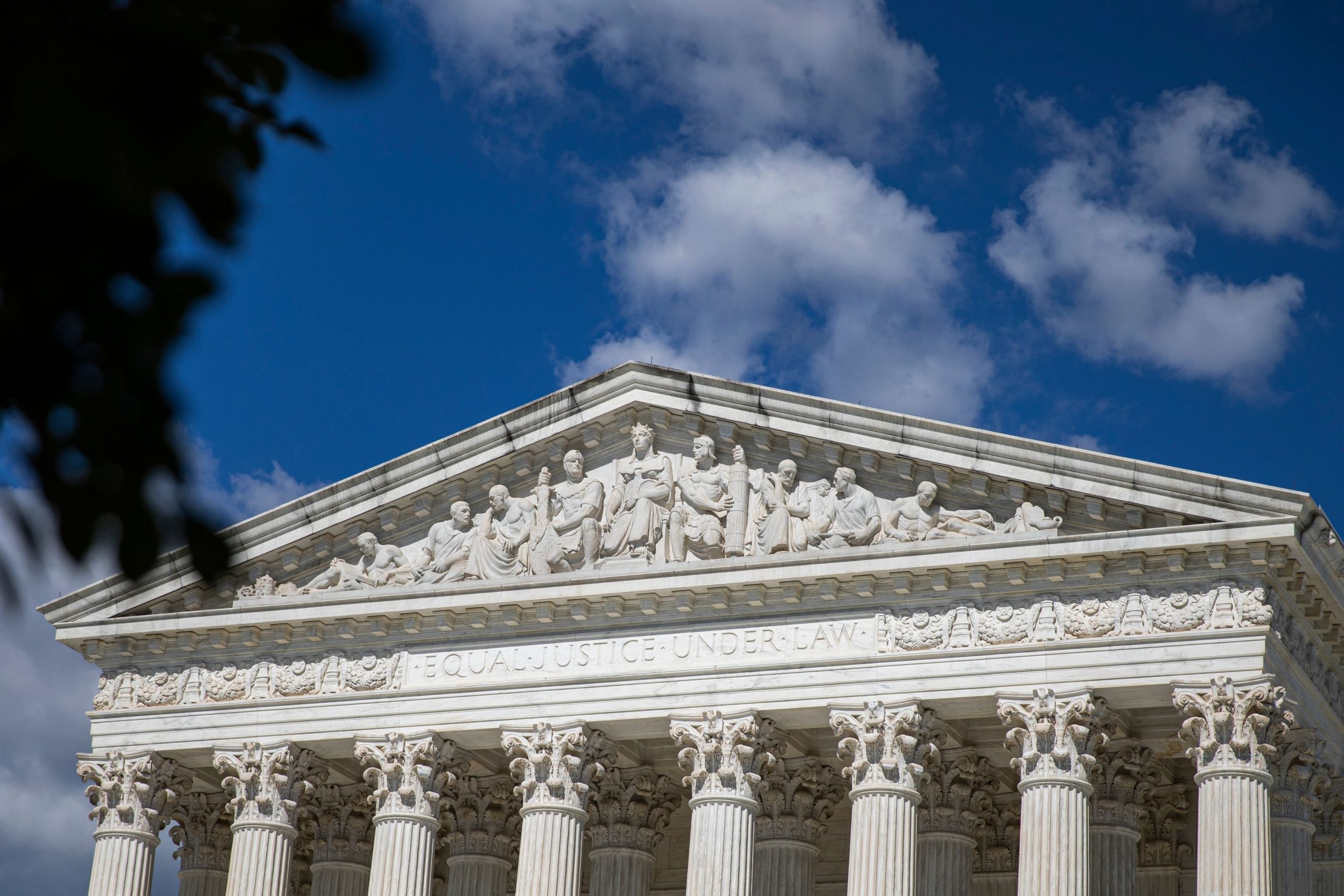CASE PREVIEW
Dispute over attorney’s fees in civil rights cases comes before justices

on Oct 7, 2024 at 1:10 pm

The Supreme Court will hear oral arguments on Tuesday in a dispute over whether and when plaintiffs who obtain temporary relief in a civil rights case can later be reimbursed for their attorney’s fees. Although the issue in Lackey v. Stinnie may sound like a technical one, it has drawn considerable attention, with lawyers on both sides of the case telling the justices that their decision could have a significant impact on how civil rights cases are litigated and resolved going forward.
The case began as a challenge to the constitutionality of a Virginia law that required the state’s department of motor vehicles to automatically suspend the licenses of any drivers who had unpaid court fines and fees. The law did not provide any process for the department to consider whether an individual driver was actually able to pay the fines and fees. When drivers were able to do so, they also faced an additional fee of $145 to reinstate their licenses.
The challengers went to federal court, seeking to have their licenses reinstated and an order known as a preliminary injunction, which temporarily barred the state from enforcing the law against them while the litigation continued. A federal district judge in Lynchburg, Va., granted that request, and the state did not appeal.
Before the case could go to trial, the Virginia legislature repealed the law, prompting the court to dismiss the case.
The challengers then returned to federal court, seeking to have the state reimburse them for their attorney’s fees. In most cases, the parties to a lawsuit have to pay their own lawyers’ fees. But federal law gives the “prevailing party” in some civil rights cases the right to recover reasonable attorney’s fees. The challengers contended that they were prevailing parties because the district court had ordered the DMV to reinstate their licenses. Even if the legislature later repealed the law, they argued, it doesn’t take away from the legal significance of their win.
The full U.S. Court of Appeals for the 4th Circuit agreed with the challengers, prompting the state to come to the Supreme Court last fall, asking the justices to weigh in.
In the Supreme Court, the Virginia insists that winning a preliminary injunction isn’t enough to be a “prevailing party” entitled to attorney’s fees. Instead, it contends, you must either win in the litigation or obtain a final judgment in your favor. The kind of temporary order that the challengers won in the district court does not do either of those things, the state says. Instead, the district court’s order was only a prediction of the likelihood that the challengers would win, without (among other things) all of the evidence that could be developed later. A preliminary injunction, the Virginia adds, also does not create the kind of lasting change in the legal relationship between the parties required to be a prevailing party.
And as a practical matter, the state continues, a “bright-line rule that preliminary injunctions do not confer prevailing-party status” is inconsistent with the Supreme Court’s repeated admonitions that the standards governing awards of attorney’s fees should be easy to administer.
The challengers counter that the federal fee-shifting law was intended to “encourage attorneys to enter the fray against governments.” The rule that the state advances, they say, is a “recipe for more constitutional violations and less enforcement.”
Nothing in the text of the fee-shifting law limits attorney’s fees to plaintiffs who win a final judgment, they contend. Instead, the law awards attorney’s fees to the “prevailing party” – which they argue, is the party that has won “tangible relief from a court order that is never undone on the merits.” Preliminary injunctions, they write, are often “responsible for righting countless constitutional wrongs by their own force, often providing all the relief that plaintiffs need.”
Several “friend of the court” briefs echo Virginia’s warnings to the justices about a ruling in favor of the challengers. Trade groups representing local governments tell the court that allowing the 4th Circuit’s decision to stand would discourage local governments from acting “diligently to respond to concerns raised in litigation about laws and government action,” while a group of 22 states – led by Georgia – recounts that, as a result of preliminary injunctions like the one in this case, states “have had to pay out millions in attorney’s fees.” The lower court’s rule, the states caution, “creates a perverse incentive to continue litigating cases to final judgment to avoid spending the public’s money on attorney’s fees.”
But public-interest and advocacy groups of all ideological stripes – ranging from the NAACP Legal Defense and Educational Fund to gun rights groups and the Alliance Defending Freedom – support the challengers, insisting that if attorney’s fees are not available for litigants who win preliminary injunctions, it will be harder for civil rights plaintiffs even to find lawyers. Virginia’s rule, writes the Lawyers’ Committee for Civil Rights Under Law, could give defendants an incentive to “engage in a long and costly waiting game, knowing they have the unilateral ability to pull the plug before” a final judgment is reached.
The federal government, which also filed a “friend of the court” brief supporting Virginia, acknowledged concerns that government agencies might seek to dismiss litigation “strategically to avoid attorney’s-fee liability.” But those kinds of policy arguments, the federal government suggested, “are better addressed to Congress” than the courts.
This article was originally published at Howe on the Court.


